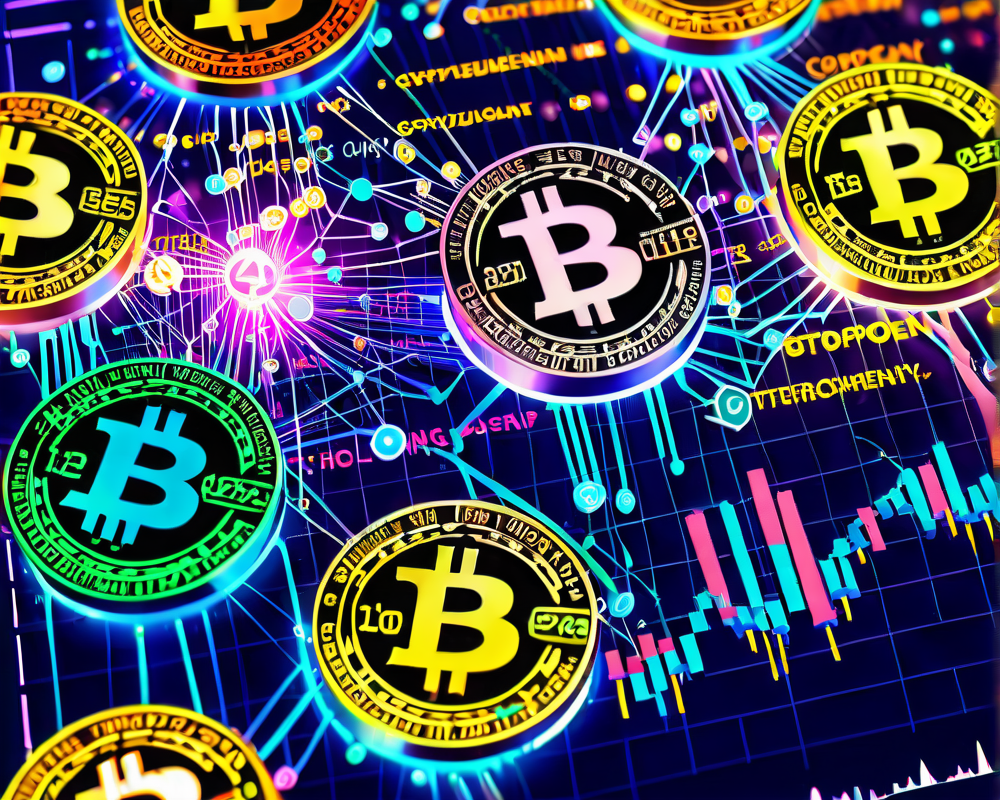FTX: The Fallout that Spooked the Crypto World
The unexpected collapse of FTX shocked the cryptocurrency realm and sparked serious discussions on the stewardship of centralized exchanges. Once idolized by many, FTX went belly-up, taking with it staggering amounts of customer funds—over a billion dollars worth. Investors watched in horror as the exchange, instead of safeguarding users’ crypto, decided to play fast and loose, using their deposited assets to mask its own financial misadventures.
The Shrinking Bitcoin Supply: A Diabolical Trend
As if the FTX debacle wasn’t enough, the fallout from similar exchanges has snatched away a significant chunk of the market. Over the last decade, reports indicate that around 1.2 million Bitcoins, or 6% of all Bitcoin in existence, have vanished into the void of closed exchanges. Just imagine if all that Bitcoin was still around—fewer roadblocks for your next investment decisions!
Outflows and Decentralization: A New Way Forward
The FTX disaster didn’t just cause sleepless nights for investors; outflows from central exchanges spiked to unprecedented highs, reaching 106,000 BTC per month. With trust in centralized entities wavering, the tide is turning toward self-custody options and decentralized finance (DeFi) platforms, which surged in usage following the chaos.
- Uniswap, a decentralized exchange (DEX), saw trading volume explode after the FTX bankruptcy, surpassing a billion dollars in just 24 hours.
- Users are pulling funds from traditional exchanges in droves, highlighting a growing preference for noncustodial options.
DeFi: The Promised Land or the Wild West?
Aishwary Gupta of Polygon is convinced that the failings of centralized entities like FTX have spotlighted the advantages of DeFi. He stated, “DeFi-centric platforms simply cannot fall victim to shady business practices because ‘code is law’ for them.” When the system relies on auditable smart contracts rather than the often questionable judgment of individuals, security should theoretically improve, right? That’s what people are banking on!
Security Concerns: The Dark Side of DeFi
Intriguingly, while DeFi is gaining traction, it has also become a playground for hackers. Chainalysis recently reported that a staggering 97% of cryptocurrency thefts so far in 2022 originated from DeFi protocols. Major exploits this year resulted in losses of over a billion dollars across various platforms. Talk about taking a hit while you’re already down!
Due Diligence in Uncertain Waters
The FTX saga also highlighted a fundamental flaw: a lack of due diligence among investors themselves. After all, many crypto champions have long touted the importance of self-custody. Barney Chambers from the Umbria Network advises a few simple yet impactful strategies: “Never connect your wallet to a website you don’t trust,” and “always do your own research.” Basically, be suspicious and keep those digital keys locked up where they belong!
Moving Forward: Empowerment through Accountability
In the ever-evolving space of cryptocurrency, the focus is shifting to demand accountability and enhanced security measures across the board. Darren Mayberry of dappOS emphasizes that noncustodial solutions should be the path forward. Embracing accountability and thorough due diligence could not only bolster investor confidence but also propel decentralized finance into a leading role.




